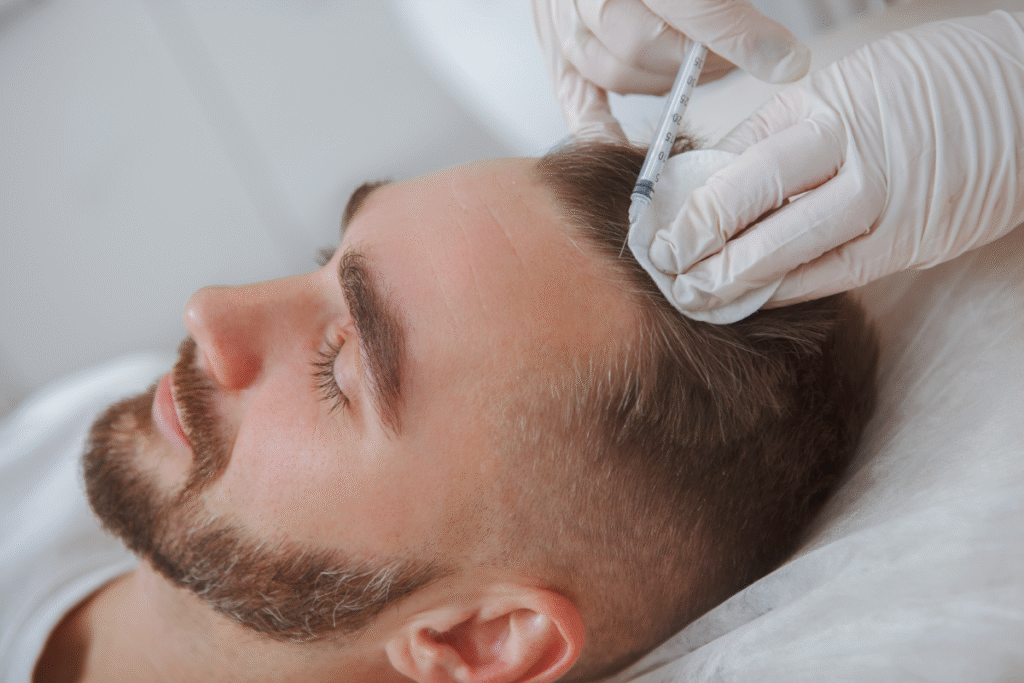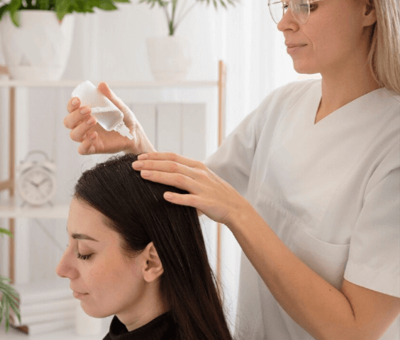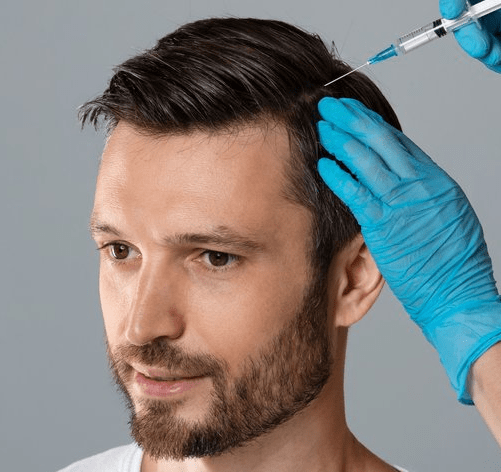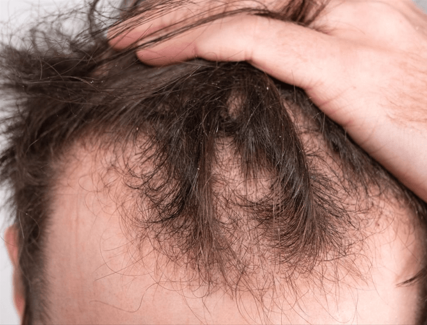Scalp Micropigmentation (SMP) has become a trusted, non-surgical solution for patients with sensitive or damaged scalps due to medical conditions such as alopecia areata, chemotherapy, scarring alopecia, or trauma. Korean clinics are globally recognized for their expertise in treating these delicate cases with advanced SMP techniques and hypoallergenic pigments tailored to sensitive skin.
However, proper post-treatment maintenance is essential to ensure long-lasting, natural-looking results while protecting fragile scalp skin. This article provides detailed maintenance tips specifically designed for SMP patients with sensitive or compromised scalps receiving care in Korean clinics.
Why Maintenance Matters for Sensitive or Damaged Scalps
Patients with sensitive or damaged scalps face unique challenges, including:
- Increased risk of irritation and inflammation
- Slower healing and pigment retention issues
- Higher sensitivity to external factors such as sun, sweat, and skincare products
- Potential for pigment fading or discoloration if not properly cared for
Following maintenance advice is critical to optimize SMP longevity and scalp health.
Essential SMP Maintenance Tips for Sensitive or Damaged Scalps
1. Follow Your Clinic’s Aftercare Instructions Meticulously
- Korean clinics provide tailored aftercare protocols based on your scalp condition. Follow every step carefully, including cleaning routines, moisturizing, and activity restrictions.
- Avoid washing or exposing the treated area to water for at least 3–4 days post-procedure unless otherwise directed.
2. Use Gentle, Hypoallergenic Scalp Care Products
- Choose fragrance-free, alcohol-free, and dermatologically tested shampoos and moisturizers recommended by your Korean SMP specialist.
- Avoid harsh chemicals, exfoliants, or scalp scrubs that can irritate the treated skin.
3. Protect Your Scalp from Sun Exposure
- UV rays can cause pigment fading and aggravate sensitive scalps.
- Wear a wide-brimmed hat or use a scalp-safe sunscreen (SPF 30 or higher) when outdoors.
- Korean clinics often recommend mineral-based, hypoallergenic sunscreens specifically formulated for sensitive skin.
4. Avoid Excessive Sweating and Heat
- For at least 7–10 days after SMP sessions, avoid saunas, hot yoga, intense workouts, or any activity that causes heavy sweating, as sweat may interfere with pigment settling and increase irritation.
5. Do Not Pick or Scratch the Treated Area
- Itching or flaking may occur during healing, but scratching can cause pigment loss, scarring, or infection. Use soothing scalp sprays or prescribed ointments if needed.
6. Schedule Regular Touch-Ups
- Sensitive or damaged scalps may experience faster pigment fading. Korean clinics recommend touch-ups every 1.5 to 3 years to maintain optimal density and color vibrancy.
- Early touch-ups can prevent uneven fading and preserve the natural look.
7. Maintain a Healthy Scalp Environment
- Keep the scalp clean and moisturized to support skin barrier repair and reduce inflammation.
- Avoid smoking, excessive alcohol, and poor diet, as these factors impair scalp healing and pigment retention.
8. Consult Your SMP Specialist for Any Concerns
- If you notice unusual redness, swelling, pigment discoloration, or discomfort beyond typical healing, contact your Korean SMP clinic promptly.
- Many clinics offer remote consultation services for international patients to monitor scalp health and SMP condition.
Korean Clinics’ Specialized Approach to SMP Maintenance for Sensitive Scalps
- Korean clinics often incorporate medical-grade skincare products and scalp treatments to enhance healing post-SMP.
- Some clinics provide personalized maintenance kits containing scalp cleansers, moisturizers, and sunscreens formulated for sensitive patients.
- Integration of follow-up laser therapy or scalp hydration treatments may be offered to optimize scalp health and pigment retention.
Final Thoughts
Proper SMP maintenance is especially vital for patients with sensitive or damaged scalps to achieve lasting, natural-looking results without complications. Korean clinics’ advanced technology, personalized care, and detailed aftercare guidance make them a top choice for these patients worldwide.
Adhering to these expert maintenance tips will help you protect your investment, promote scalp health, and enjoy the confidence that comes with a well-maintained SMP treatment.




